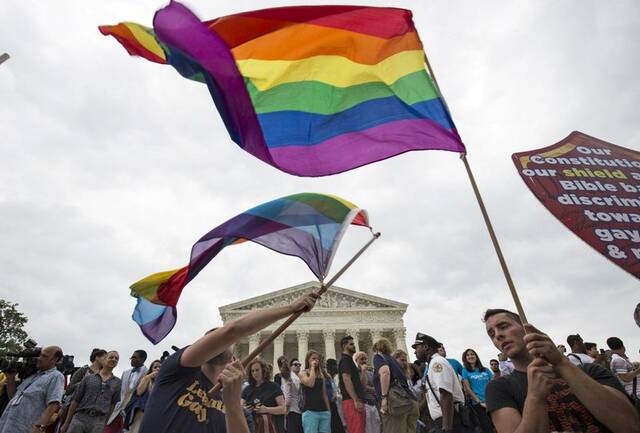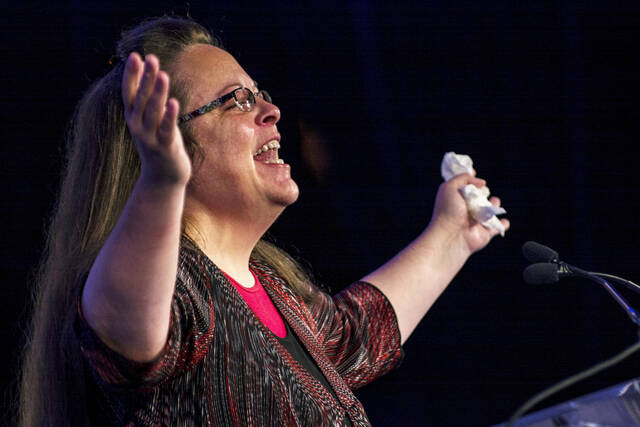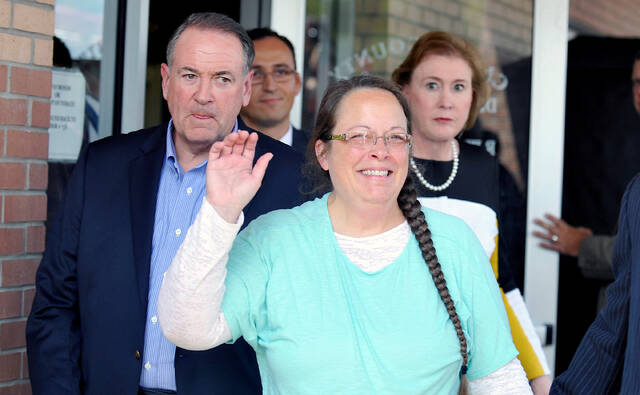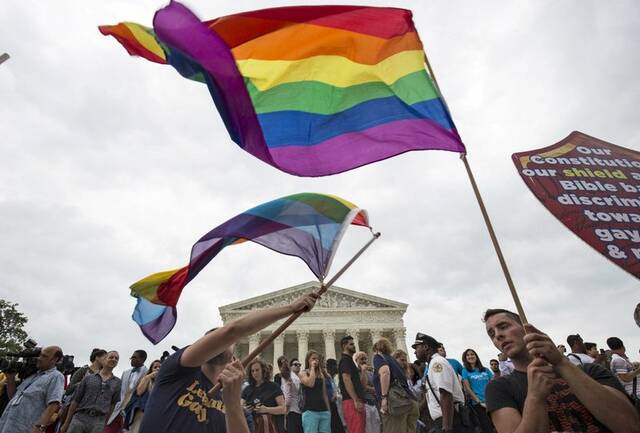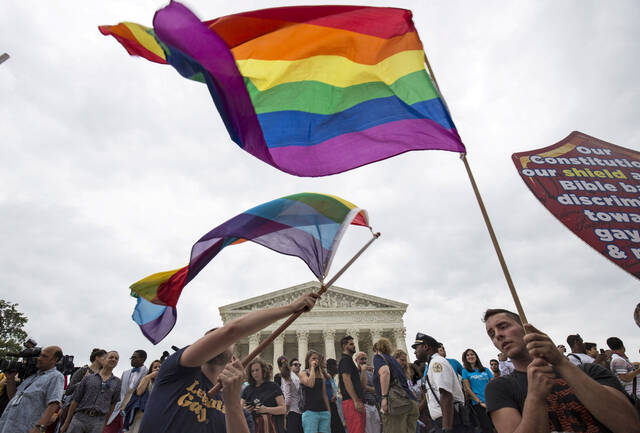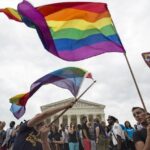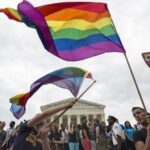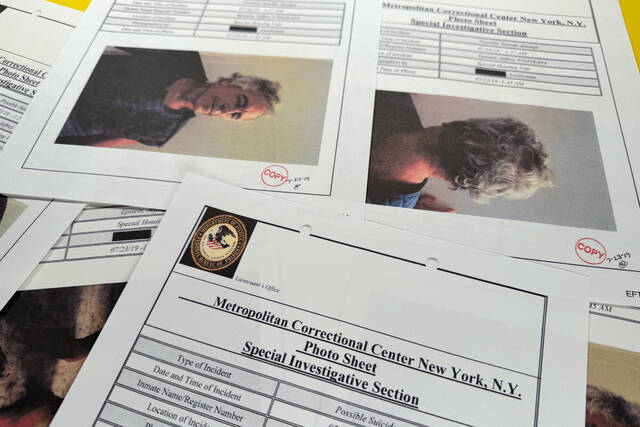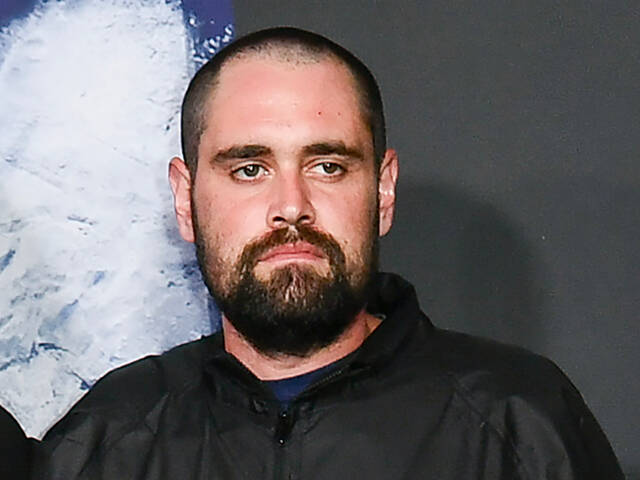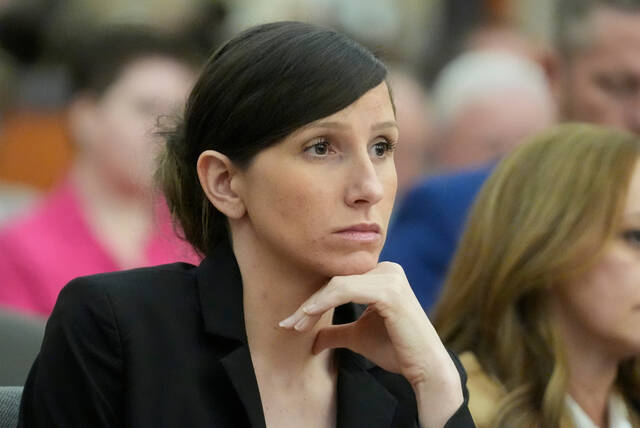The U.S. Supreme Court rejected on Monday a bid by a former Kentucky county official to overturn its landmark 2015 ruling legalizing same-sex marriage nationwide, as the justices steered clear of the contentious case some 3½ years after its conservative majority reversed abortion rights.
The court, which has a 6-3 conservative majority, turned away an appeal by Kim Davis, a former Kentucky county clerk who was sued by a gay couple after refusing to issue any marriage licenses after the 2015 decision recognized a constitutional right to same-sex marriage. Davis has said same-sex marriage conflicts with her religious beliefs as an Apostolic Christian.
Davis appealed after lower courts rejected her claim that the U.S. Constitution’s First Amendment right to free exercise of religion shields her from liability in the case. Davis was ordered to pay more than $360,000 in damages and legal fees for violating a same-sex couple’s right to marry.
The 2015 ruling in the case called Obergefell v. Hodges represented a historic victory for LGBT rights in the United States. It declared that the Constitution’s guarantees of due process and equal protection under the law meant states cannot ban same-sex marriages.
The ruling was 5-4, with now-retired conservative Justice Anthony Kennedy joined by four liberal justices. Kennedy wrote in the decision that the hope of gay people intending to marry was “not to be condemned to live in loneliness, excluded from one of civilization’s oldest institutions. They ask for equal dignity in the eyes of the law. The Constitution grants them that right.”
Overturning Obergefell would allow states once again to pass laws against same-sex marriage.
Four conservative justices dissented, three of whom still serve on the court — Clarence Thomas, John Roberts and Samuel Alito. The court’s conservative bloc also includes three justices appointed by Republican President Donald Trump during his first term in office.
The Trump administration did not weigh in on the Davis case as the Supreme Court considered whether to take up the matter.
The court has a different ideological makeup now than a decade ago, becoming more conservative on a range of issues.
In 2022, the court overturned the landmark 1973 Roe v. Wade ruling that had recognized a woman’s constitutional right to abortion and legalized the procedure nationwide. That ruling raised the hopes of many conservatives and Republicans who opposed Obergefell that the court would consider reversing the same-sex marriage right as well.
Davis, who was elected to her post, refused to issue marriage licenses in her county in the aftermath of the Obergefell ruling. Davis also served six days in jail for contempt of court for violating a judicial order to issue marriage licenses.
The appeal by Davis came in a civil rights lawsuit by David Ermold and David Moore, who accused her of violating their constitutional right to marry as recognized in the Obergefell ruling. Ermold and Moore received a license from the county while Davis was jailed.
U.S. District Judge David Bunning in 2022 rejected the assertion by Davis that she is protected from liability in the case because issuing the marriage license to a same-sex couple would violate her constitutionally protected religious beliefs.
“Davis cannot use her own constitutional rights as a shield to violate the constitutional rights of others while performing her duties as an elected official,” Bunning wrote.
A jury awarded the plaintiffs $100,000 in damages in 2023, and Bunning later ordered Davis to pay more than $260,000 in attorneys’ fees and expenses.
The Cincinnati-based 6th U.S. Circuit Court of Appeals also ruled against Davis, concluding in March that under Supreme Court precedent, the First Amendment protects only private conduct, not the actions of government officials carrying out their duties.
“That means the license denials were ‘state action,’ which cannot receive First Amendment protection, and Davis cannot raise a First Amendment defense to liability,” the 6th Circuit’s ruling stated.
As for the argument by Davis that the Obergefell ruling should be overturned, the 6th Circuit said she waived that argument at the outset of the case.
In her appeal to the top U.S. judicial body, lawyers for Davis said that the same-sex marriage right — like the now-overturned right to abortion — is grounded in what they called the “legal fiction” of a principle called “substantive due process” that the Supreme Court has in decisions over decades said protects an array of personal freedoms.
The Supreme Court in 2020 rebuffed a previous appeal by Davis at an earlier stage of the dispute. In an opinion accompanying that action, Thomas, joined by Alito, wrote that the same-sex marriage ruling continues to have “ruinous consequences” for religious liberty.


